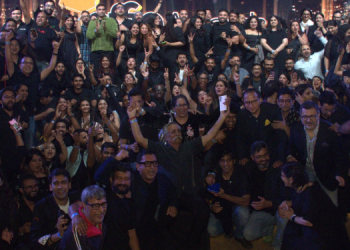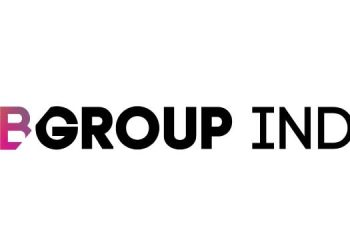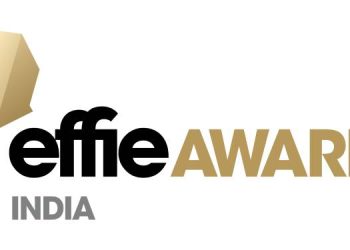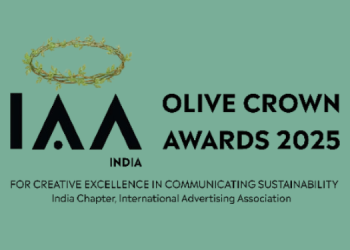As strategists respond to their clients’ needs to adapt to the impacts of a changing world, the strategy function has gained value and influence, but talent shortages are proving to be a top concern for strategists. These are some of the findings included in The Future of Strategy 2022 report, released today by WARC – the global authority on marketing effectiveness.
This tenth edition of the annual WARC study is based on a worldwide survey with 700+ client- and agency-side strategists, fielded in June and July this year, and more than a dozen in-depth interviews with strategy leaders.
Anna Hamill, Senior Editor – Brands, WARC, says, “As the economic downturn hits the industry and new priorities arise around data, sustainability and measurement, the report looks at how strategy careers are evolving, the biggest topics impacting the function and what strategists need to do to meet high client expectations in an uncertain world.”
Covering the big issues defining marketing, such as economic downturn, career development, measurement and diversity, the report uncovers insights and opportunities of today’s strategist.
Key takeaways include:
- Strategists are finding that their expertise is more essential than ever given the global upheaval of the last few years. Strategists feel optimistic about their ability to provide value and influence clients and other agency teams.
Tomas Gonsorcik, incoming Chief Strategy Officer, DDB North America, comments, “We are going through a great realignment of societal priorities and, as a young leader, I am energized by the possibilities to create a better model for brands and for the economy in which they grow. Strategists can shape the future of brands and businesses.”
- A talent shortage is impacting the industry. Generalist skills are on the rise as clients look for strategists with a wide range of knowledge, but agencies are concerned their proposition may not be as strong as competitors such as tech companies or consultancies.
Nearly half (46%) of strategists are concerned about being able to find the right talent. That’s despite more than half (57%) saying they plan to hire new talent to address current capability gaps. And just 30% of respondents expect their next strategy role to be in an agency, with consultancies and brands competing for strategy talent.
Agathe Guerrier, Global Chief Strategy Officer, TBWA\Worldwide, comments: “What our clients are really asking us now is for simplification and integration. I’m personally finding that it’s more important to have people who have quite a broad skill set and are able to connect the dots.”
- A better understanding of the ‘upstream’ challenges CMOs are facing and how their business measures success will offer more opportunities to drive effectiveness.
Working on upstream business problems was selected by 49% of respondents in 2022 – a 10 percentage point increase on last year, reflecting a desire to advise brands through a tumultuous period of change.
Chrissie Hanson, Chief Executive Officer, OMD USA, comments, “The biggest opportunity is probably clients inviting us more to be true partners and transformation leaders. That opens an aperture to bring that problem solving skill set and wider vantage point to the table.”
- Global challenges such as sustainability, the need for more diversity, privacy and data ethics are all impacting on the strategist’s day to day role. However, the cost-of-living crisis will have the biggest impact in the next year as clients look to respond to changing consumer behaviours.
86% of respondents anticipate the cost-of-living crisis will have a significant or transformative impact in the next year and 69% believe that it will be at the centre of marketing communications – from tone, to briefs, to insight generation and brand building.
Hans Lopez Vito, Regional Chief Operating Officer, BBDO Asia, says, “The most significant change that our industry needs to contend with is this new era of slower growth… For a market long accustomed to double-digit levels of growth in consumer spending, the new economic realities feel like a recession.”
- Helping a brand ‘show up’ in responsible and ethical ways for the climate, sustainability and diversity is important for moving action on these issues forward.
Brands expect strategists to deliver insights which help their brand act authentically and communicate sensitively in these spaces. A significant majority of strategists expect sustainability (82%) and DEI considerations (70%) to be more visible in client marketing strategies and briefs.
Jo Arden, Chief Strategy Officer at Ogilvy UK, says: “We’ve got a responsibility to help brands land and communicate their commitment to sustainability. I don’t think it’s always in consumer advertising, it can be in corporate communications or the way that their CRM is structured.”
- Diversity, equity and inclusion is a topic of conversation but there is still a distinct lack of progress at an industry level so far. More tangible changes in hiring and insight gathering will be needed to serve clients more effectively on these issues.
Huiwen Tow, Head of Strategy – APAC, Virtue Worldwide, says, “Clients know that it’s socially unacceptable to not have DEI as part of your agenda…it doesn’t necessarily mean that clients understand how to truly deliver on DEI.”
At the same time, survey data indicates that agencies themselves still lack diversity in their own teams – representing a challenge in developing truly diverse insights and advice for brands.
Summing up, WARC’s Anna Hamill added, “This year’s Future of Strategy reveals how strategists increased their influence with clients and delivered valuable insight through the COVID-19 pandemic. The function is well placed to advise on the constant evolution of the media ecosystem and help brands navigate new priorities, especially in a time of ongoing uncertainty.
“However, strategy skill sets are in high demand, as brands and consultancies compete for top talent. Agencies will need to ensure they can offer an ideal environment for strategists to thrive if they want to deliver the best work.”

















